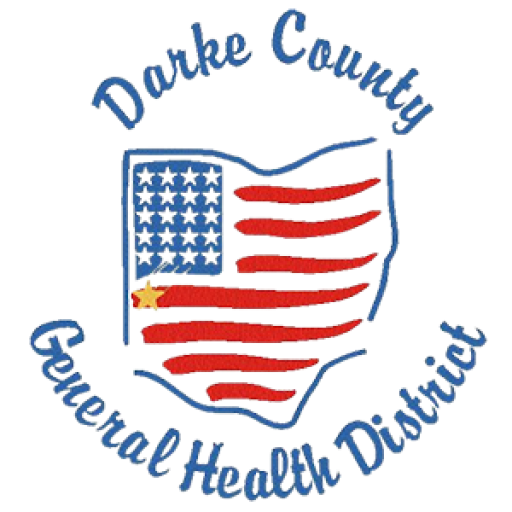Private Water Systems
Why is DCGHD involved with your well? We are involved, both locally and at the state level, to ensure access to safe drinking water, which is a fundamental public health need for communities to prevent water-borne disease and illness.
Private water systems, including wells, cisterns, hauled water storage tanks, and ponds used for drinking water are regulated by the Ohio Private Water Systems Regulations (Ohio Administrative Code 3701-28). A permit must be issued by DCGHD prior to installing or altering a private water system. A private water system provides water to less than 25 people a day. This usually includes all homes and some small businesses. Systems that regularly serve an average of at least 25 individuals daily at least 60 days each year are regulated by the Ohio EPA.
Properly constructed private water supply systems (wells) require little routine maintenance. These simple steps will help protect your system and investment:
- Always use licensed or certified water well drillers and pump installers when a well is constructed, a pump is installed, or the system is serviced.
- An annual well maintenance check, including a bacterial test, is recommended. Any source of drinking water should be checked any time there is a change in taste, odor or appearance, or anytime a water supply system is serviced.
- Keep hazardous chemicals, such as paint, fertilizer, pesticides and motor oil far away from your well.
Periodically check the well cover or well cap on top of the casing (well) to ensure it is in good repair. - Always maintain proper separation between your well and buildings, waste systems or chemical storage facilities.
- Don’t allow back-siphonage. When mixing pesticides, fertilizers or other chemicals don’t put the hose inside the tank or container.
- When landscaping, keep the top of your well at least one foot above the ground. Slope the ground away from your well for proper drainage.
- Take care in working or mowing around your well. A damaged casing could jeopardize the sanitary protection of your well.
- Be aware of changes in your well, the area around your well, or the water it provides.
- Don’t pile snow, leaves or other materials around your well.
- When your well has come to the end of its serviceable life, have a qualified water well contractor properly abandon your old well to prevent groundwater contamination.
Private waters systems are regulated by the Ohio Department of Health (ODH) and administered by both ODH and the Local Health Districts under Sections 3701.344 to 3701.347 of the Ohio Revised Code (ORC) and Chapter 3701-28 of the Ohio Administrative Code (OAC).
Useful Links
Well Permit Application
Private Water Testing
Public Water Testing
Chlorination Procedures
Ohio Water Well Log Search

